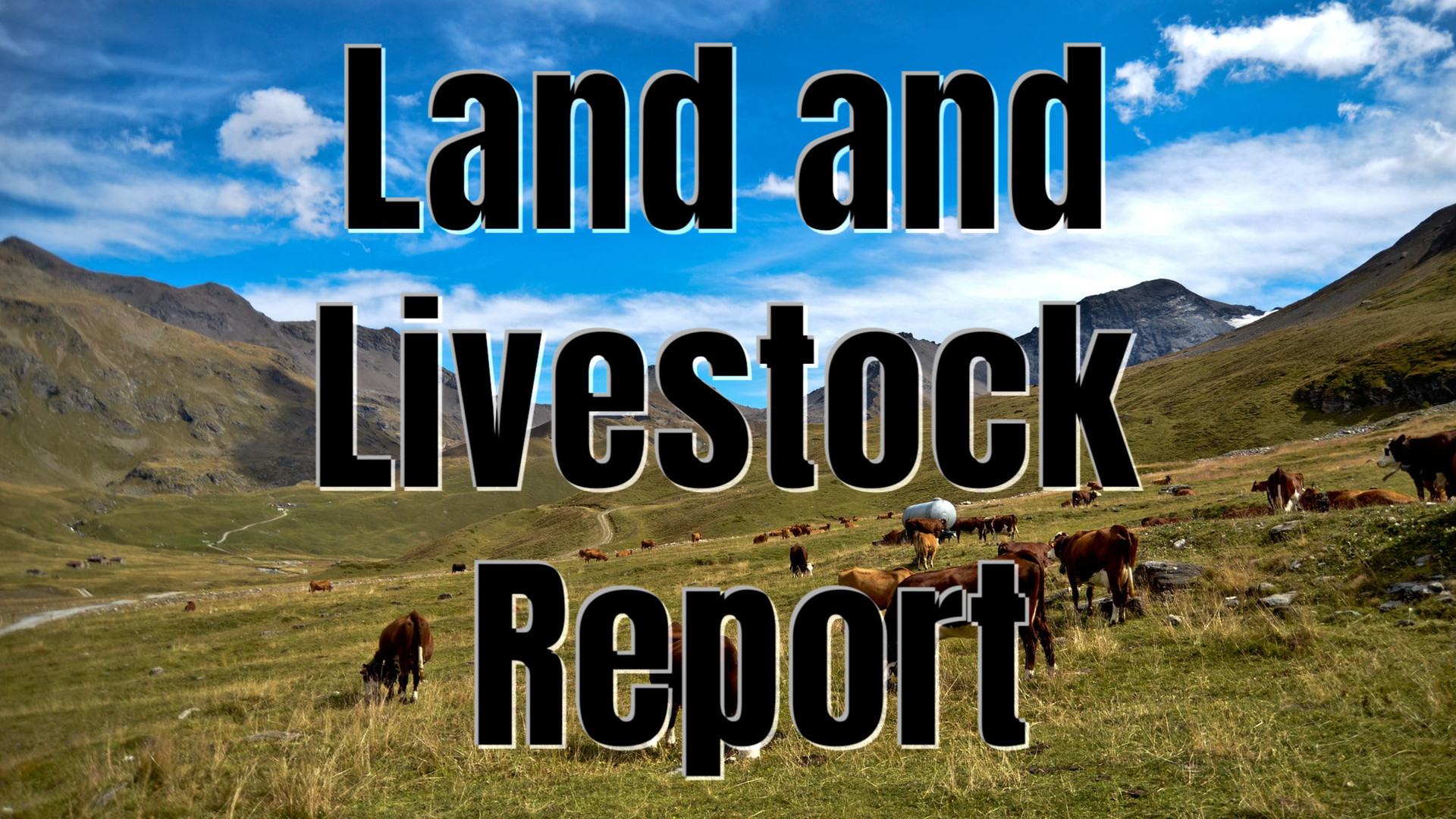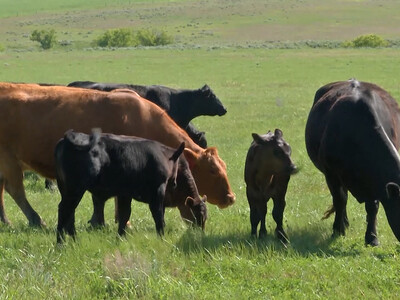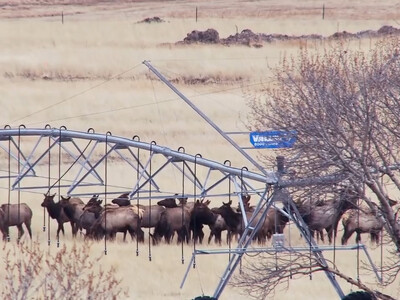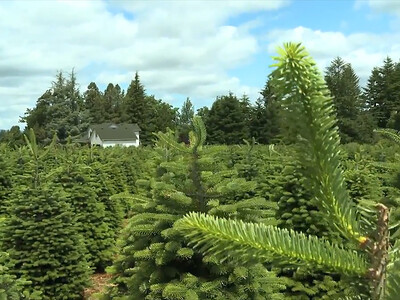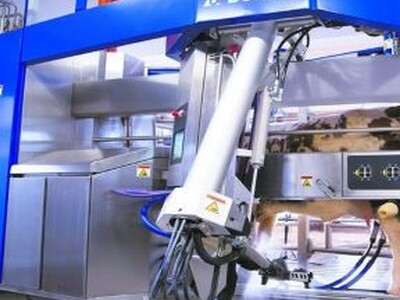Veterinarians Urge Anthrax Vigilance
Veterinarians are urging cattlemen to be vigilant for anthrax as they have seen a spike in confirmed cases.In southwest Texas, anthrax has recently been found in five counties, part of a region known as the "Anthrax Triangle." A case was also recently confirmed in southwest South Dakota. Anthrax — a spore-forming bacterium, Bacillus anthracis — occurs naturally in the soil.
"This is a reminder to cattle producers that the threat of anthrax is still present," said North Dakota State University extension veterinarian Gerald Stokka. "It appears that during times of high rainfall and/or very dry conditions, the spores are uncovered and cattle are at risk of infection."
The anthrax bacteria has a special survival mechanism called spore formation. This characteristic allows the bacteria to produce very hardy spores with a high survival rate. The spores can survive for years under the right conditions. When these spores come into contact with susceptible cattle, they can "hatch" and infect the animals, resulting in disease and death.
Clinical signs of anthrax in cattle, sheep, goats and deer may include fever, disorientation, labored breathing, muscle tremors, congested mucous membranes and collapse. It is possible for sudden death to occur without the presence of clinical signs. An animal can appear healthy and be dead within a matter of a few hours.
Often the only initial signs of anthrax infection are finding dead cattle. Cattle can die without signs of illness for a number of reasons, including lightning strikes, clostridial infections and toxicities, but anthrax always should be considered, Stokka said.
"If the diagnosis of anthrax is suspected and confirmed by your veterinarian, then vaccination needs to be implemented as quickly as possible," he says.
The commercial vaccine available is a live attenuated (nondisease-causing) spore vaccine. The dose is 1 cc administered subcutaneously in the neck region.
All adult cattle and calves should be administered the vaccine, and treatment with antibiotics should be withheld because it may interfere with the immune response. However, when faced with an outbreak situation, administering an antibiotic and a vaccine concurrently has been effective, Stokka says. Consult your local veterinarian for a recommendation.
"Consider removing all cattle from the pasture where anthrax deaths are suspected because spores present can infect the remaining animals," Stokka said.
Anthrax also carries a risk to humans, so take care to not disturb the carcass of suspected anthrax victims. The recommended method of disposal is to burn the carcass and soil on which the carcass was found after placing them in a trench dug in the immediate area of the death.
Source: Drovers


